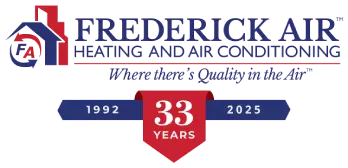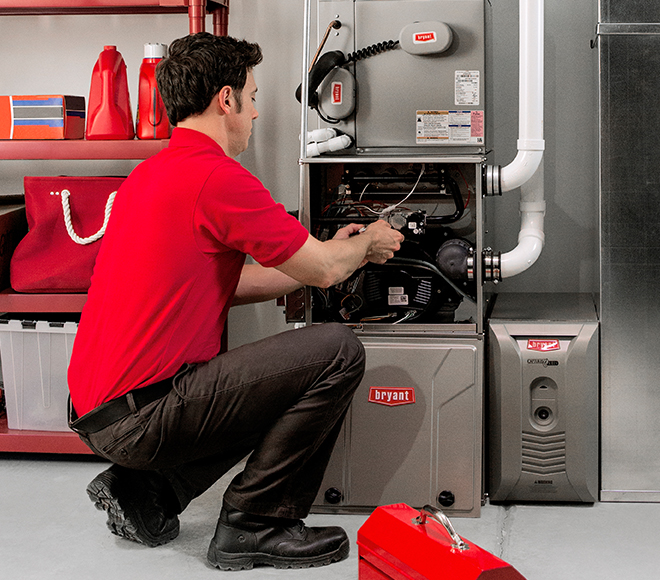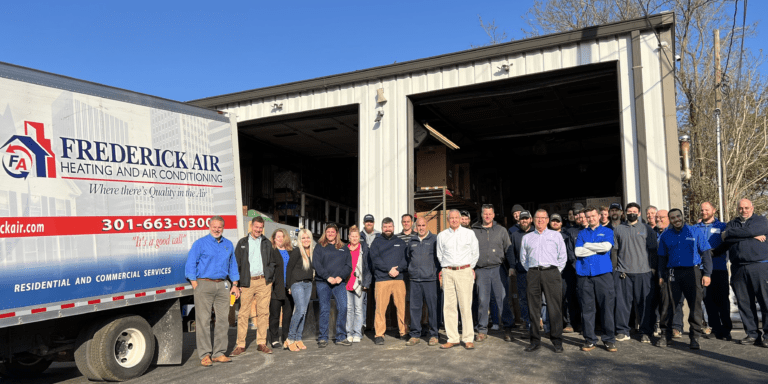Many different factors can affect how long a heating system lasts, including the quality of the installation, the associated components and the level of maintenance. The amount of usage that your heating system gets has an impact on longevity too, as does the design, layout, and construction of your home. Choosing a Bryant heating system gives you a distinct advantage. Bryant has enjoyed a reputation for producing long-lasting HVAC products for more than a century. Bryant furnaces, boilers and heat pumps are among the most durable heaters available in the market today.
How Long Do Furnaces Last?
Furnaces remain the most popular heating option for residential use. According to a comprehensive analysis conducted by the National Association of Home Builders (NAHB), the average furnace lifespan is between 15 and 20 years. The NAHB study was based on surveys from product researchers, manufacturers and industry organizations.
Life Expectancies for Other Heating Equipment
Boilers have a lifespan similar to furnaces, according to the NAHB study, while heat pumps can be expected to perform well for around 16 years. How long your heating system lasts, however, depends on the expected service life of its associated components and delivery systems too:
- Ductwork: 10 years or more
- Dampers: 20 years or more
- Registers and Grilles: 25 years
- Thermostats: 35 years
Extending Your Heater’s Service Life
When it comes to making your new heater last as long as possible, nothing is more important than preventive maintenance. Professional tune-ups include inspections, cleaning, tests and adjustments that ensure that every heating component is operating properly. Enrolling in a preventive maintenance program offers you a convenient way to give your heater the care that it needs to provide many years of service. Other steps that you can take to increase longevity include:
- Seal and Insulate Ductwork. Over time, ductwork can develop leaks that allow air to escape, forcing your heater to run longer and cause wear to components. Sealing and insulating the ductwork offers you an affordable solution.
- Schedule a Home Energy Audit. Poor insulation, leaks, and gaps in your home’s building envelope can also force your heater to run more frequently, causing undue wear on parts and equipment. A professional home energy assessment lets you identify the major sources of energy loss in your home.
- Change the Air Filter. Because dirty filters impair air flow and impact performance, you’ll be more likely to crank up the thermostat and run the heater longer. Keeping the air filter clean helps increase system efficiency and extend your heater’s service life.
A properly maintained Bryant heater operating in a well-insulated home can last far longer than you may expect. At Frederick Air, we’re committed to providing products and services that let you enjoy the full benefits of a quality Bryant heating system. Contact us today to find to the Bryant heater best for your home.




